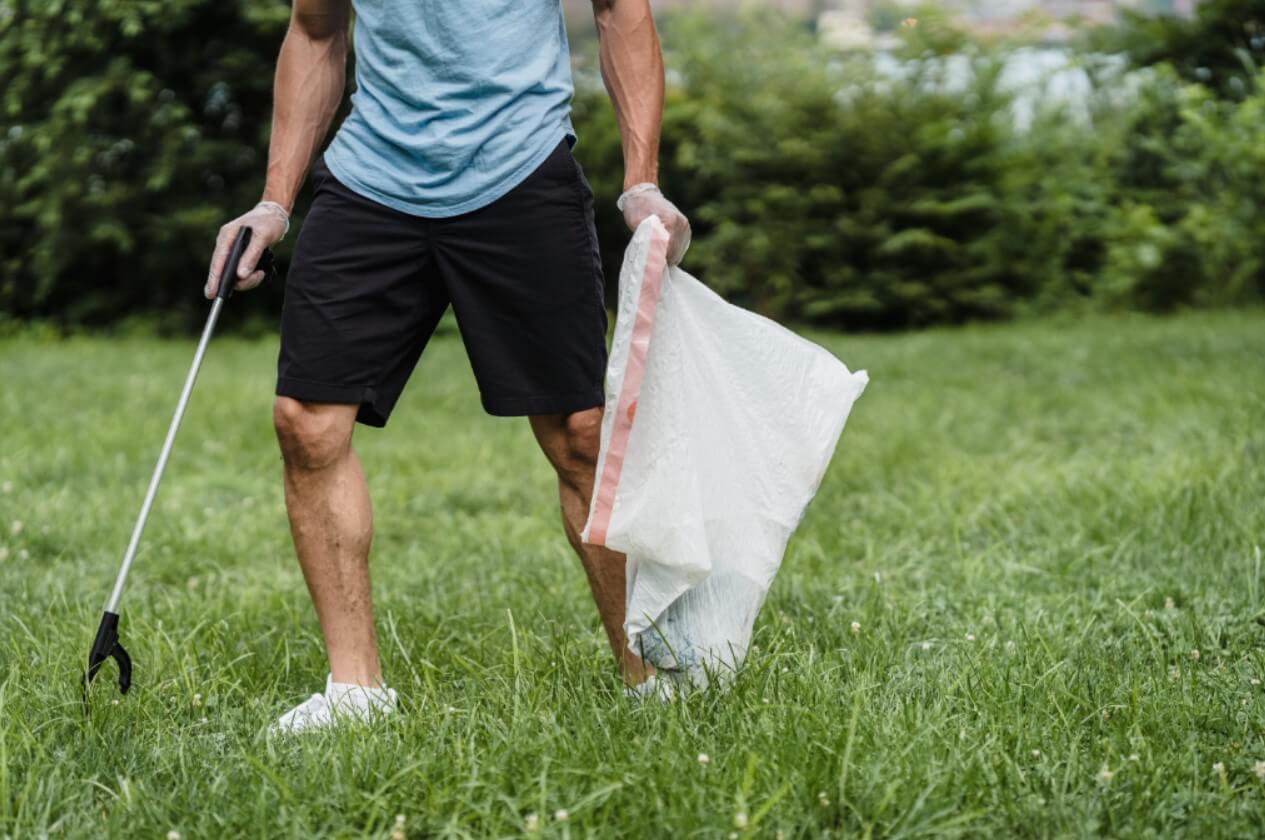
We make decisions every day that have an impact on the ecosystem, climate, and other species. There's a lot we can do to limit our environmental impact so that wild animals and plants have more space, from what we eat to how many children we have. Small steps matter.
Here are our tips:
-Consume less/no meat
Apart from taking the lives of poor animals, meat production consumes a huge amount of water, pollutes our groundwater with liquid manure, and takes up valuable area for fodder farming. Furthermore, working conditions in the meat industry are frequently inhumane, and industrial factory farming is unethical. Avoiding or reducing your consumption of animal-based foods is the most effective strategy to lower your ecological footprint.
-Consume local food
Seasonal foods from your region travel fewer distances, making them more environmentally friendly and less expensive. Seasonal calendars can be found on the internet. Furthermore, many of the food publications at the checkout like to feature the season's highlights on the front pages.
-Go plastic free
From food to toys, cosmetics to gadgets, plastic packaging is ubiquitous. Whenever possible, buy items with sustainable packaging or unpackaged items, such as from an unpackaged store. If you can't avoid it, throw away plastic in the yellow bins at stores or at home when you're done shopping.
-Shop less/Thrift
You can assist minimise the mountains of waste in the form of technological waste, plastic, and textiles by buying less. Do you want your employees to be fairly compensated? Then think about who you order items from online or who you shop locally. Alternatively, look in classified ads or online communities to see if you can find used items. However, if you still decide to purchase new items, then try to go for organic and eco-freindly brands to ensure a lower environmental impact and a healthier choice for your skin. Choosing sustainable options reduces exposure to harsh chemicals and supports ethical manufacturing practices. Look for brands that prioritize biodegradable materials, minimal waste, and fair labor standards, helping you make choices that benefit both you and the planet. This is especially important when you’re going for basics. For instance, organic cotton underwear for women or 100 cotton socks for men by Q for Quinn are great options since they are highly breathable allowing better airflow and reducing any risk of irritation. This is also perfect if you have skin issues, like eczema, since toxic fabrics on the market are often one of causes of skin issues.
-Consume less power
Print as little as possible to save money on paper. For printers and notes, recycle paper. If you aren't going to use the computer for a while, turn it off completely. Because the Internet's computer farms waste a lot of energy, you should download and enjoy music and movies instead of streaming them.
-Drive less, walk more
Whenever possible, walk, cycle, carpool, or take public transportation. Regular tune-ups and tyre inflations are also vital for keeping your car in good repair. Tune-ups can help you save anywhere from 4% to 40% on gas.
Being more sustainable isn't a one-time goal that you can cross off your list and go on to the next - it's a lifelong journey of learning, testing, failing, restarting, and sharing your journey.
The destination is crucial for us all to strive for, but it is the journey that counts, no matter how slow or fast it is.
Checkout: Sustainable toothpaste tablets








